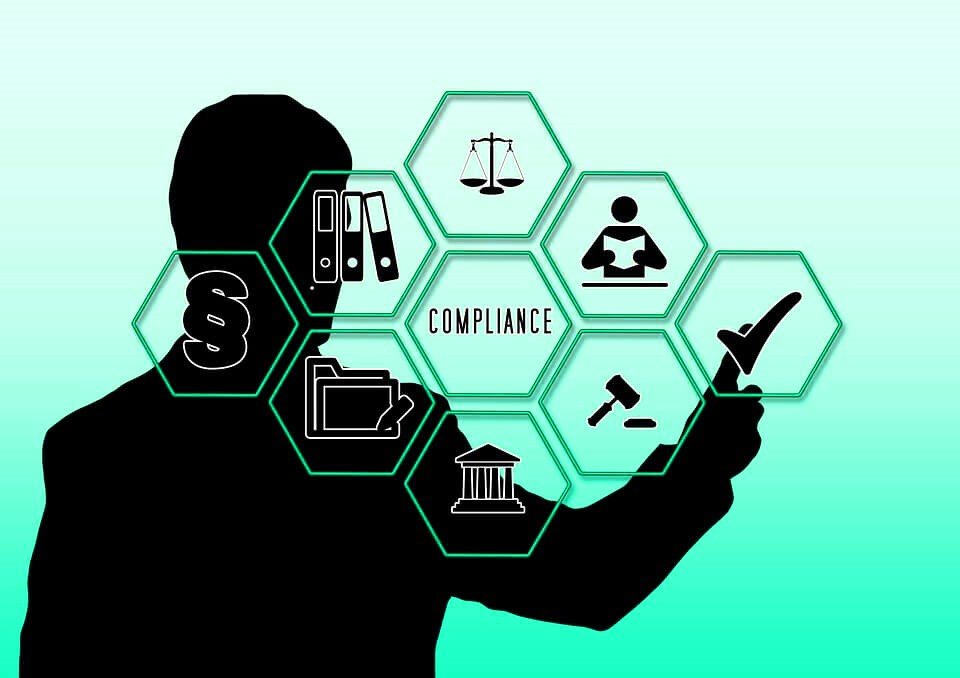Legal Considerations for Starting a Franchise Business 2023


It might be exciting to start a franchise business, but in order to maintain a successful and efficient operation, it’s crucial to grasp the legal aspects involved. Before starting their business venture, prospective business franchisees should read this article for an outline of the important legal considerations.
Starting a franchise business has many advantages, such as the chance to capitalize on an established brand, help from the franchisor, and access to a tested business plan. To avoid any potential difficulties, it’s vital to understand the legal environment surrounding franchising.
Knowledge of Franchise Law
The partnership between the franchisor—the business issuing the franchise—and the franchisee—the person or business receiving the franchise rights—is governed by franchise law. It includes a number of federal and state laws intended to safeguard the interests of both parties.
FDD, or franchise disclosure document
A legal document that the franchisor gives to potential franchisees is the Franchise Disclosure Document (FDD). It includes crucial details about the franchisor, the franchise network, financial commitments, and other pertinent information. Before signing any agreements, franchisees must carefully read the FDD and speak with legal counsel to make sure they understand its contents.
Franchise Contract
The franchise agreement, which specifies the rights and obligations of both the franchisor and the franchisee, is a legally enforceable document. It addresses topics like fees, royalties, operational standards, advertising specifications, and termination terms. To make sure their interests are safeguarded, prospective franchisees must carefully analyze the contract and get legal counsel.
Protection of Intellectual Property
Trademarks, logos, and other intellectual property connected to the franchisor’s brand are heavily used by franchise enterprises. Regarding the usage of these intellectual property assets and making sure they are sufficiently protected from infringement, franchisees must follow the franchisor’s rules.
Territory and rivalry
The region that a franchisee may operate in is often specified in franchise agreements. It is crucial to comprehend the territorial rights and any potential competitive constraints. Franchisees should evaluate the market potential in their region and the presence of any current or potential rivals.
Adherence to regulations
Various federal, state, and local laws must be followed by franchise businesses. These could include labor rules, health and safety restrictions, licensing requirements, and standards for advertising. Franchisees should get familiar with the particular rules that apply to their sector and area.
Occupational Laws
Hiring staff is a common practice in franchise firms. Franchisees are required to abide by all applicable labor regulations, including those pertaining to minimum wage, overtime, and other labor-related issues. It is crucial to comprehend these rules and apply the proper policies and procedures to prevent legal problems.
Tax Liabilities
Franchise enterprises must complete their tax duties. These could consist of local taxes such as income tax, sales tax, payroll tax, and others. Franchisees must keep precise financial records and collaborate with a licensed accountant to guarantee that tax regulations are followed.
Requirements for Insurance
Franchisees may be required to comply with certain insurance requirements outlined in franchise agreements. This can cover a variety of insurances, including as general liability, property, workers’ compensation, and others. Both the franchisee and the franchisor are shielded from any liabilities by adequate insurance coverage.
Resolution of Conflict
A clearly defined method for resolving disputes or issues between the franchisor and franchisee is crucial. Arbitration, mediation, and other dispute resolution procedures are frequently outlined in franchise agreements. By being aware of these procedures and seeking legal counsel when necessary, problems can be settled quickly and fairly.
Exit Planning
Franchisees ought to think about their exit plan before signing a franchise contract. A defined exit strategy will make it easier to deal with legal issues, whether it involves selling the company, giving family members ownership, or simply ceasing operations.
Read More: How to Choose the Right Legal Structure for Your Business (2023)
Compliance with marketing and advertising
The franchisor’s coordinated group advertising efforts frequently pay off for franchise enterprises. Franchisees must, however, abide by the marketing and advertising standards established by the franchisor. This guarantees brand coherence and adherence to the relevant legal and regulatory framework governing advertising practices.
Training and Assistance
For franchisees to successfully run the business, franchisors often offer training and continuous support. It is essential for franchisees to comprehend the scope of the training and support offered by the franchisor. They ought to be informed of any fees for ongoing support services or training programs.
Monetary considerations
Beyond the initial franchise fee, more financial commitments are necessary to launch a franchised firm. Franchisees should carefully evaluate all associated expenditures, such as equipment, inventory, working capital needs, royalties, advertising fees, and other expenses. Long-term success depends on careful financial planning and an awareness of the financial responsibilities.
Investigation and due diligence
Potential franchisees must do extensive due diligence and study before deciding to pursue a franchise business. This entails investigating the franchisor’s standing, performance history, financial stability, and support network. It’s also crucial to get the opinions of current franchisees in order to learn about their satisfaction and experiences with the brand.
Read More: Legal Considerations for Starting a Small Business (2023)
Creating an Effective Team
Putting together a team of workers and experts, such as managers, supervisors, and accountants, is frequently necessary to run a franchise business. It’s critical to select candidates with the proper qualifications, training, and experience. Franchisees should also set up efficient management and training systems and guarantee that employment rules are followed.
Relationship with the Franchisor Still Existing
A continuing partnership with the franchisor is a must for a franchise firm. Franchisees should keep lines of communication open and abide by the rules set forth in the franchise agreement. Regular communication with the franchisor can help you solve any operational problems and take advantage of their experience.
Conclusion
Legal issues must be carefully taken into account before starting a franchise business. In order to ensure a successful franchise venture, it is essential to comprehend franchise legislation, go over the Franchise Disclosure Document, negotiate the franchise agreement, safeguard intellectual property, follow laws, and prepare for any problems.
Entrepreneurs have great prospects when they start a franchise. To ensure an effective and lawful operation, it is necessary to manage the relevant legal issues. Aspiring franchisees can build a solid foundation for their company by knowing franchise legislation, reading legal paperwork, preserving intellectual property, adhering to regulations, and performing extensive due research.
FAQs
How much time does it generally take to launch a franchise?
Starting a franchise might take a variety of times. It relies on elements including the complexity of the business idea, geographical choice, obtaining financing, and finishing out the essential formalities. Planning ahead and allotting enough time for each step of the process is crucial.
Is it possible for me to run a franchise from home?
Some franchise firms allow for mobile or home-based operations. However, it depends on the particular franchise and the zoning laws in the area. If a home-based business is allowed, franchisees should check the franchise agreement and speak with the franchisor.
Can I open more than one franchise location?
Franchisees can often open several units or territories under many different franchise schemes. However, it may be contingent on a number of variables, such as financial capability, operational capability, and franchisor policies. Franchise businesses that are interested in growing should talk to the franchisor about their plans.
What occurs if the franchisor fails to operate?
Franchise businesses may suffer serious repercussions if the franchisor goes out of business. The processes for such circumstances, such as potential transfers to a new franchisor or termination of the franchise, should be outlined in the franchise business agreement. It is crucial to analyze the contract and, if necessary, obtain legal counsel.
Can I eventually sell my franchise business?
Franchise businesses can usually choose to sell their franchise business, yes. The procedure, along with any requirements or franchisor approvals, may be outlined in the franchise business agreement. A smooth and profitable sale will be facilitated by working with a business broker and according to the franchisor’s instructions.










2 Comments